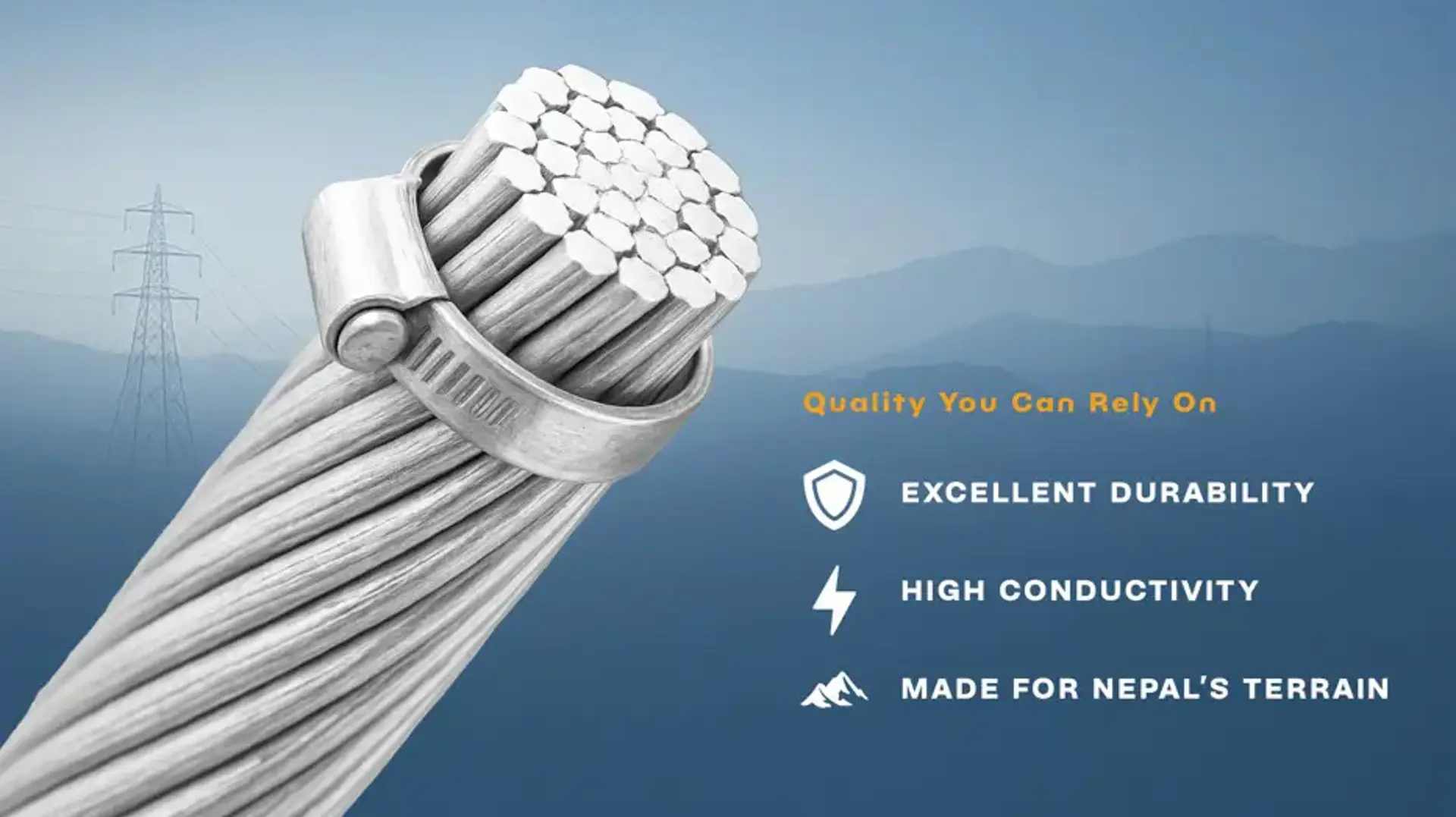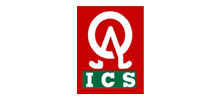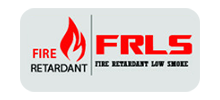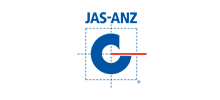- +977-9817826183
- info@janakicable.com
AAAC Conductors in Nepal

AAAC Conductors in Nepal: The Strong, Lightweight Solution for Power Networks
As Nepal’s energy demand grows, the need for efficient and reliable power transmission cables has never been more crucial. One of the most advanced and proven technologies in modern electrical infrastructure is the AAAC (All Aluminium Alloy Conductor).
Manufactured by Janaki Cable Industry, AAAC conductors are engineered to deliver a perfect balance between electrical conductivity, tensile strength, and corrosion resistance — essential for Nepal’s diverse terrain and harsh environmental conditions.
What is an AAAC Conductor?
AAAC (All Aluminium Alloy Conductor) is a type of stranded conductor composed entirely of aluminium alloy (Al-Mg-Si) wires. Unlike ACSR (Aluminium Conductor Steel Reinforced), which uses a steel core, AAAC is made from heat-treated aluminium alloy (usually 6201-T81) that combines excellent conductivity with superior mechanical properties.
This conductor type is particularly suited for overhead power transmission and distribution lines in areas where corrosion resistance and reduced maintenance are priorities.
Technical Composition
| Property | Typical Specification | Description |
|---|---|---|
| Material | Aluminium Alloy 6201 | Al-Mg-Si alloy for enhanced strength |
| Conductivity | 52–53% IACS | Nearly equal to pure aluminium |
| Tensile Strength | 290–320 MPa | Higher than AAC; suitable for longer spans |
| Thermal Expansion Coefficient | 23.6 × 10⁻⁶ /°C | Stable under temperature variations |
| Operating Temperature | Up to 90°C | Higher limit possible for short durations |
| Corrosion Resistance | Excellent | No galvanic corrosion due to uniform metal |
AAAC’s stranded concentric-lay construction ensures even current distribution and mechanical balance, reducing line sag while maintaining flexibility for installation.
Key Benefits of AAAC Conductors
1. High Conductivity with Strength
AAAC conductors maintain over 95% of the electrical conductivity of pure aluminium, while being significantly stronger due to the alloy composition. This enables efficient current flow across long spans with fewer poles.
2. Superior Corrosion Resistance
Since the conductor is made entirely of aluminium alloy, there’s no risk of galvanic corrosion between dissimilar metals — a major issue in ACSR conductors.
This makes AAAC ideal for humid, coastal, and industrial environments like Birgunj, Bhairahawa, and the Terai belt.
3. Lighter and Easier to Install
AAAC conductors are lighter than steel-reinforced cables, making them easier to handle, string, and tension — reducing installation time and cost.
4. Reduced Line Losses
The homogeneous conductor surface ensures consistent electrical performance, minimizing skin effect and transmission losses.
5. Eco-Friendly and Recyclable
Aluminium alloy is 100% recyclable, aligning with Nepal’s growing focus on sustainable infrastructure development.
AAAC vs ACSR vs AAC: Choosing the Right Conductor
| Property | AAC (All Aluminium Conductor) | AAAC (All Aluminium Alloy Conductor) | ACSR (Aluminium Conductor Steel Reinforced) |
|---|---|---|---|
| Material | Pure Aluminium | Aluminium Alloy (Al-Mg-Si) | Aluminium + Steel Core |
| Strength | Low | Medium–High | Very High |
| Conductivity | Excellent | Very Good | Good |
| Corrosion Resistance | Moderate | Excellent | Fair (Steel core corrodes) |
| Weight | Light | Light | Heavier |
| Maintenance | Low | Very Low | Moderate |
| Use Case | Short spans | Medium spans, coastal & urban | Long spans, high tension |
For Nepal’s terrain — with frequent rainfall, temperature swings, and mountainous spans — AAAC conductors offer the best balance of strength, weight, and longevity.
Why Choose Janaki Cable Industry for AAAC Conductors
With decades of expertise in cable manufacturing, Janaki Cable Industry has established itself as one of Nepal’s most trusted names in overhead power conductors.
What Sets Janaki Cable Apart:
ISO 9001:2015 Certified Production Facility
High-precision stranding machines ensuring dimensional accuracy
Strict quality control under IS 398 (Part IV) & IEC 61089 standards
In-house conductivity and tensile testing labs
Customized conductor sizes as per NEA, hydropower, or industrial project needs
Our AAAC conductors are already deployed in distribution networks, hydropower evacuation lines, and rural electrification projects across Nepal.
Ideal Applications
Overhead medium-voltage distribution lines (11kV–33kV)
Rural electrification and feeder extensions
Industrial power connections
Coastal or humid regions requiring corrosion-resistant conductors
Related Resources
Summary
AAAC conductors combine high conductivity, excellent strength, and superior corrosion resistance, making them the ideal choice for Nepal’s power transmission network. Whether for long rural spans or urban distribution grids, Janaki Cable’s AAAC conductors deliver unmatched reliability and performance.
As Nepal’s infrastructure grows, investing in quality conductors ensures a more efficient, safe, and sustainable electrical future — and Janaki Cable Industry is proud to lead that mission.









